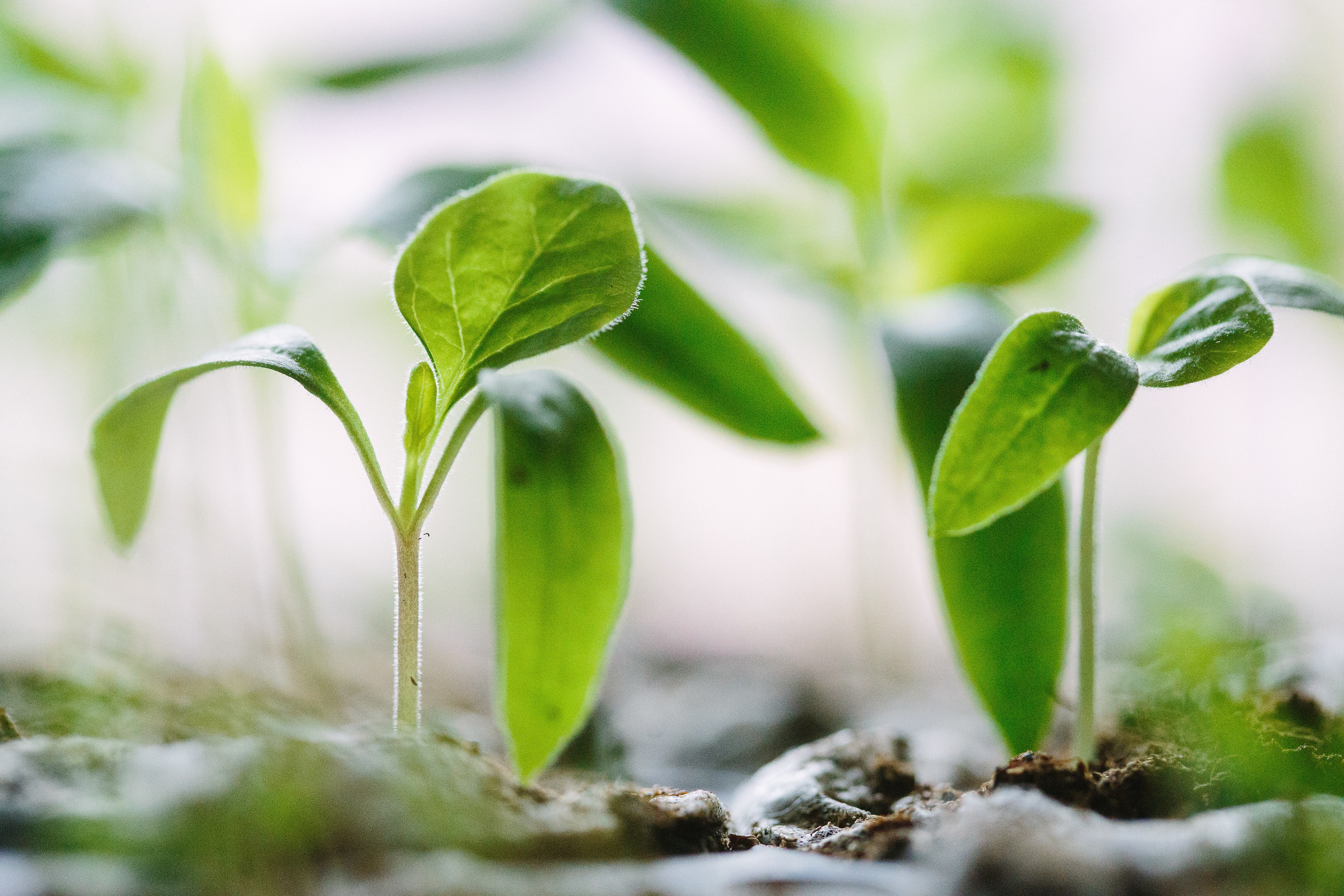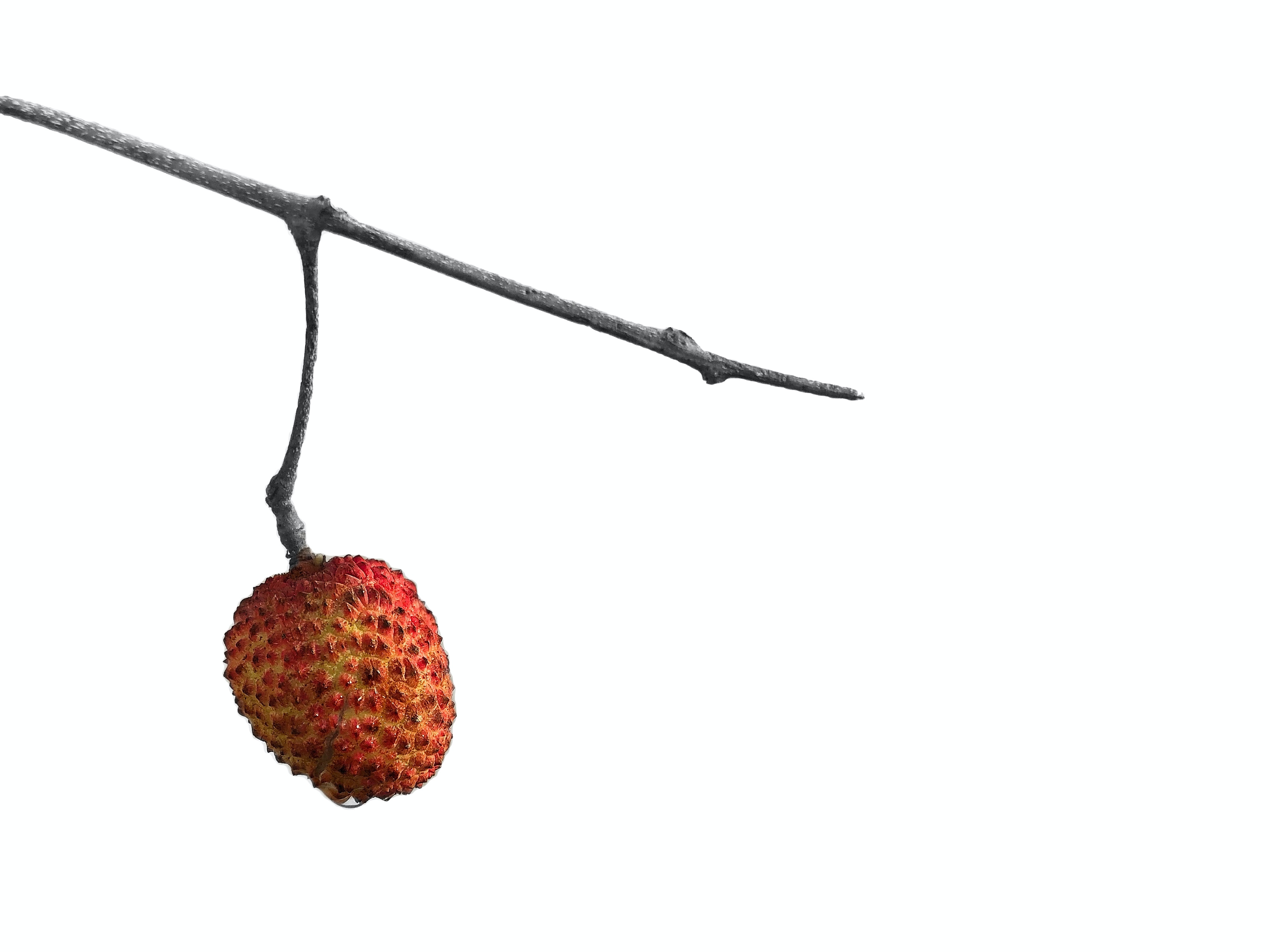It is often said that “we are not material beings having a spiritual experience, but rather spiritual beings having a material experience”. Fundamental to the messages of each of the great religions is that humans are fundamentally spiritual, that our inner reality is not material but abstract, belonging to a higher realm. The purpose of religion is to help us find that reality and then express it love for others and service to the world of humanity. They do this against the constant forces that want to pull us back from our true “home”, keep us captives of our material nature, engage in the “struggle for survival” against others- ultimately acting as less than animals. In the scriptures of the great religions- the Prophets, Messengers of God- Bahai’s call them “Manifestations of God”- use all forms of encouragement to pull us out of this material condition and aim towards a spiritual life. In tonight’s passage, we highlight a recently published Tablet of Baha’u’llah in which He inspires us in poetic and mystical language to find our true Beloved.
The end of the steps Baha’u’llah outlines is the development of a new inner sight, in which we see our lives and indeed all creation, from a new perspective. Enjoy!
O friend, the Herald of eternity announceth unto thee, by the robe of faithfulness, His joyful tidings and bestoweth upon thee this emerald-green Tablet. Set out, then, from thine abode, take thou seven steps upon the earth, and with each step complete a stage of the journey.
With the first, enter the ocean of search and seek God, thy Lord, with thine inmost heart and soul.
With the second, enter the ocean of love and make mention of God, thy Lord, in the transports of thy longing and the ecstasies of thy rapture.
With the third, tread the paths of detachment; that is, sever thyself from thine idle fancies and walk in the ways of thy Lord.
With the fourth, enter the fathomless depths of oneness and the billowing seas of eternity. Cover thy face in the dust before the Lord of Lords, and sanctify thy self and thy spirit from all departure and return, that thine inmost heart may be freed from all things in the kingdoms of creation.
With the fifth, ascend unto the heaven of wonderment, that thou mayest taste the goodly fruits of this blessed realm, lose thyself in bewilderment before the power of thy Beloved and the dominion of thy Creator, and proclaim that which the King of existence and the Goal of all desire hath proclaimed: “Increase my wonder and amazement at Thee, O God!”82
With the sixth, soar upon the wings of submission and contentment unto the cities of the Unseen, that thou mayest enter the expanses of utter nothingness wherein thou shalt die to thy self and live in Him Who hath fashioned thee.
With the seventh, drown thyself in the depths of eternity, that death may not overtake thee, and that thou mayest abide forever in the shadow of the everlasting Face of God. Thereupon shall the fragrance of the All-Glorious be diffused from the realm of the All-Merciful, and thy heart shall grieve no more over the vicissitudes of a fleeting life and the turns of a transient fortune.
When once thou hast privily completed these journeys, place this robe upon thy sightless eyes, that the eye of thine inmost heart may be opened. By God, O My friend! Wert thou to attain unto this station, thou wouldst find wondrous worlds; discover heavenly bowers, celestial gardens, and transcendent realms; and unravel the secrets of the progress of the souls of men through the atmosphere of eternal holiness and the heavens of imperishable glory. Thou wouldst so rejoice within thy soul as to cause the signs of joy and gladness to appear throughout the whole earth. Thereafter, sorrow would never again hold sway over thee, nor would grief ever seize thee in its grasp, for thou wouldst abide in the heaven of holiness amidst the concourse of the blissful.
Photo by Rodion Kutsaev on Unsplash









